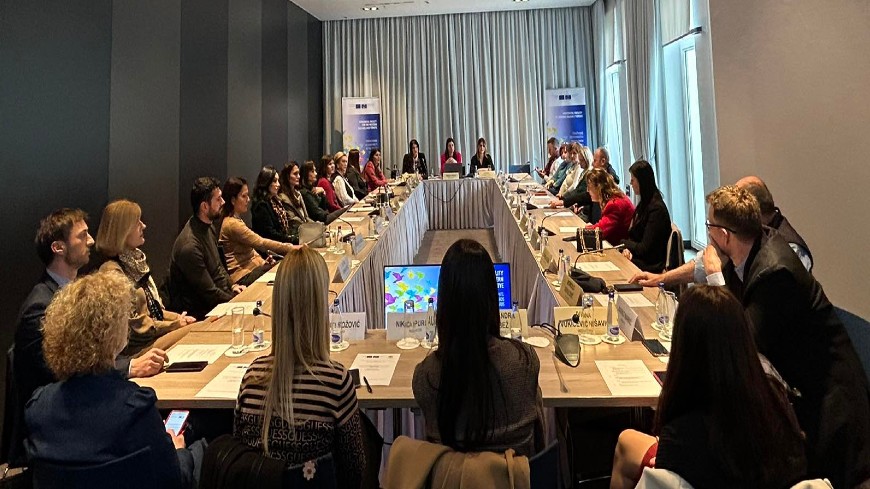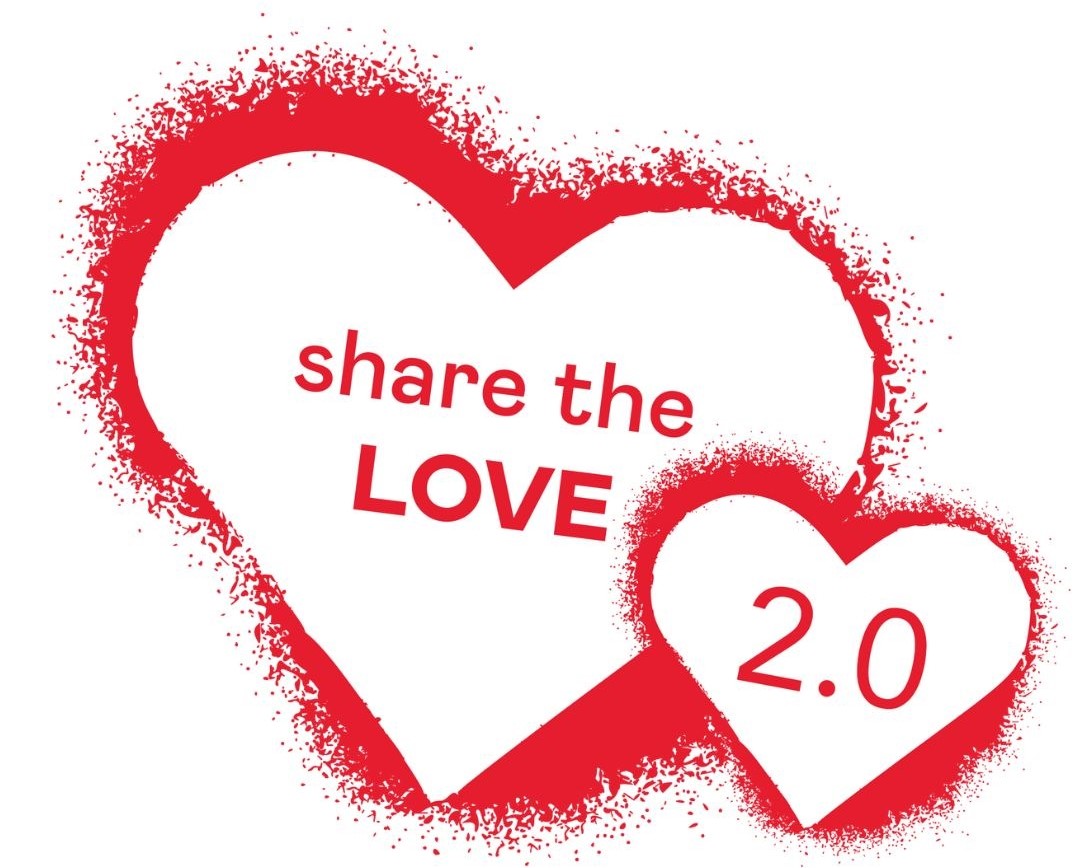The value of alternative dispute resolution processes in enabling parties to achieve effective, consensual resolutions to their disputes is progressively being recognised in the judicial system in Montenegro. With the new and modern legal framework which was enforced in 2020, Montenegro has created preconditions for high-quality, affordable and accountable mediation services to be available to citizens outside the court service.
With a view of promoting and expanding the use of mediation and other alternative dispute resolution (ADR) mechanisms in Montenegro, in co-operation with the Centre for ADR, the European Union and the Council of Europe are supporting organisation a series of broad stakeholder meetings which are aimed at judges and court users, the mediation profession, lawyers, representatives of local self- governments and of the business community, civil society organisations and all those with an interest in the resolution of civil disputes.
The meetings should serve to inform stakeholders about fundamental principles of ADR which are central to its effective delivery, but also to discuss positive examples and consult about the practical challenges in the implementation of the Law on Alternative Dispute Resolution.
This consultative process was launched on 6 December, with the first meeting held in Budva for 25 ADR stakeholders from the southern region of the country. It is expected to contribute to laying the groundwork for embedding mediation as an integral step in the court process across the civil justice system of Montenegro.
The consultative meetings are being organised under the action "Strengthening accountability of the judicial system and enhancing protection of victims' rights in Montenegro" which is part of the joint European Union and Council of Europe programme Horizontal Facility for the Western Balkans and Türkiye.



